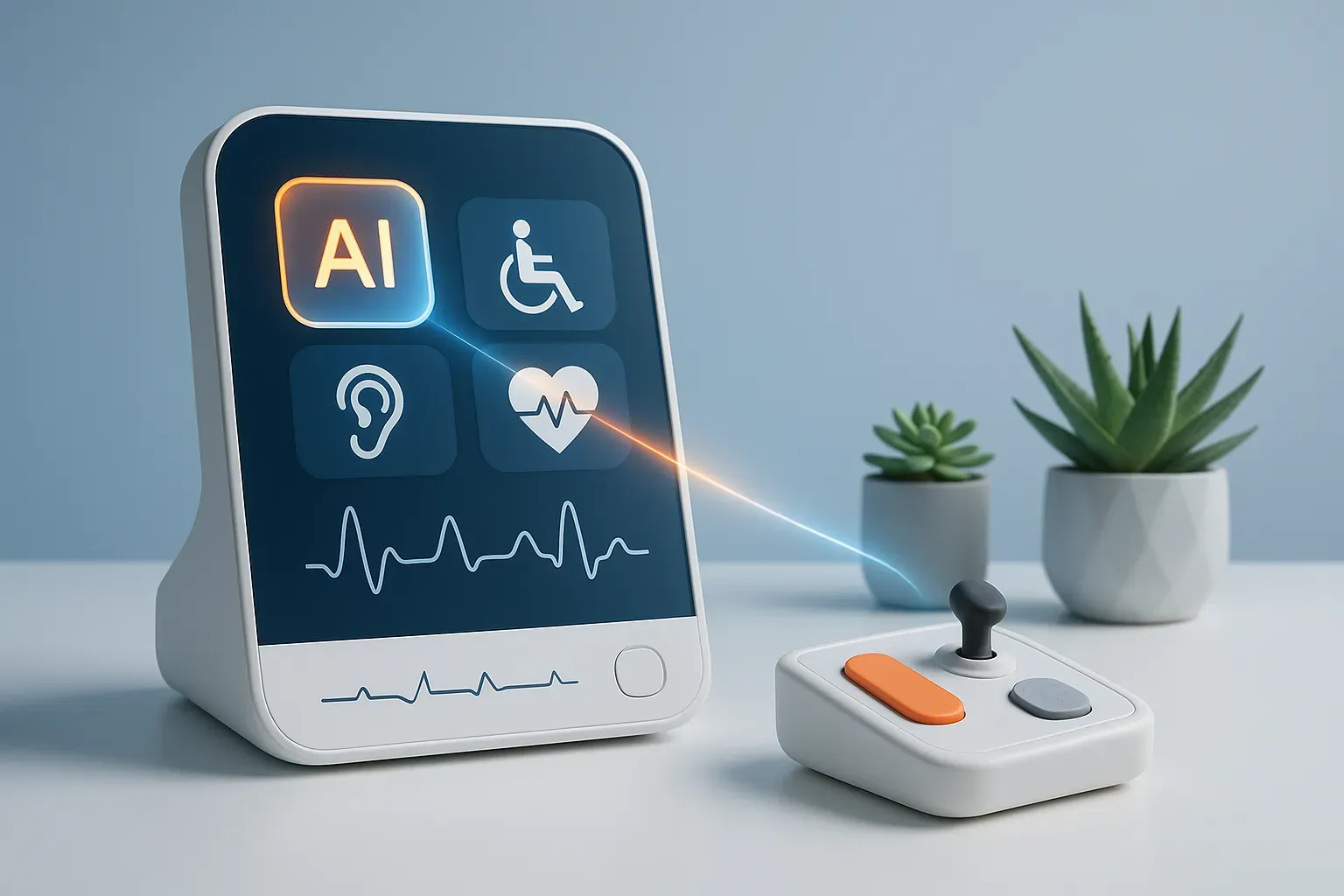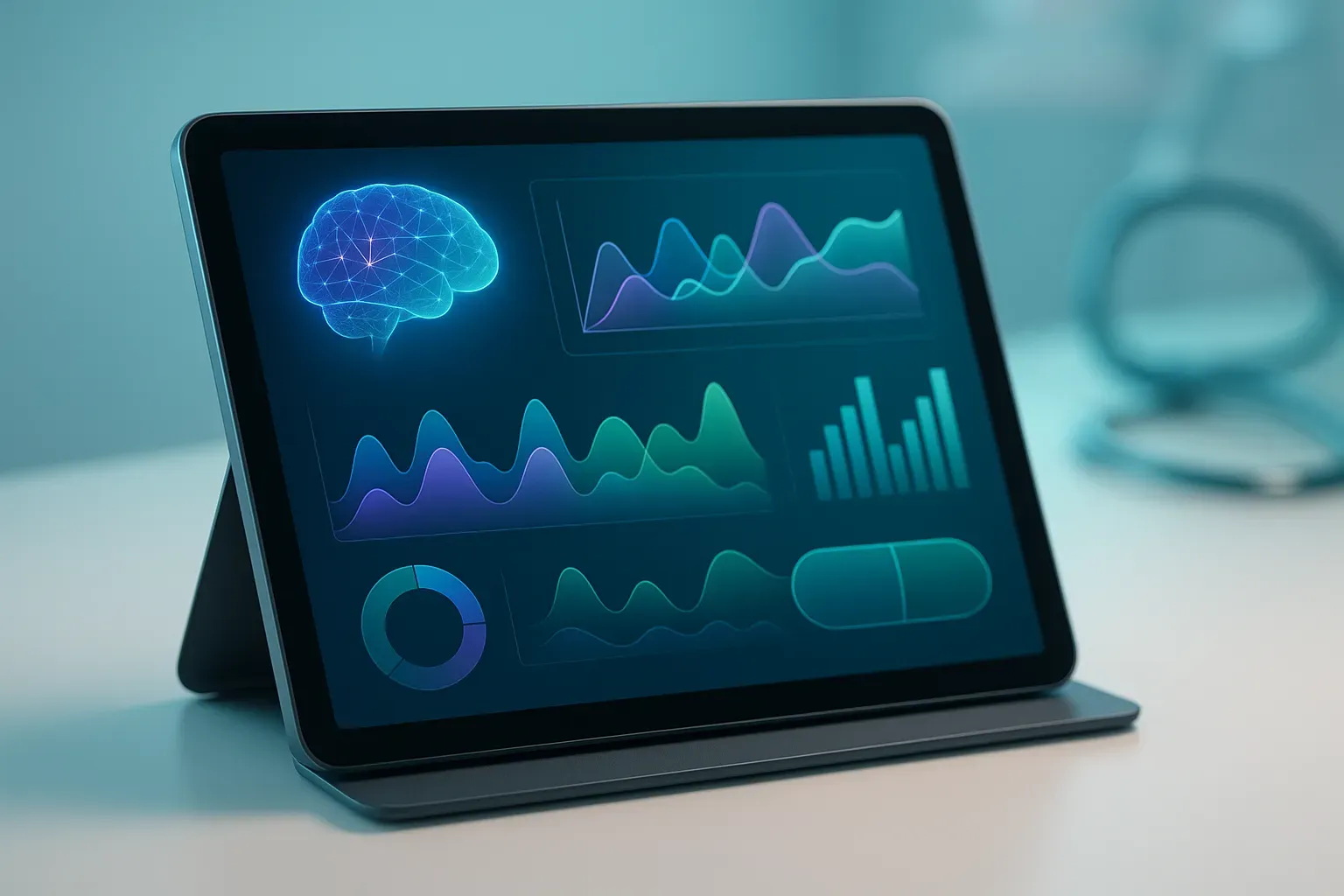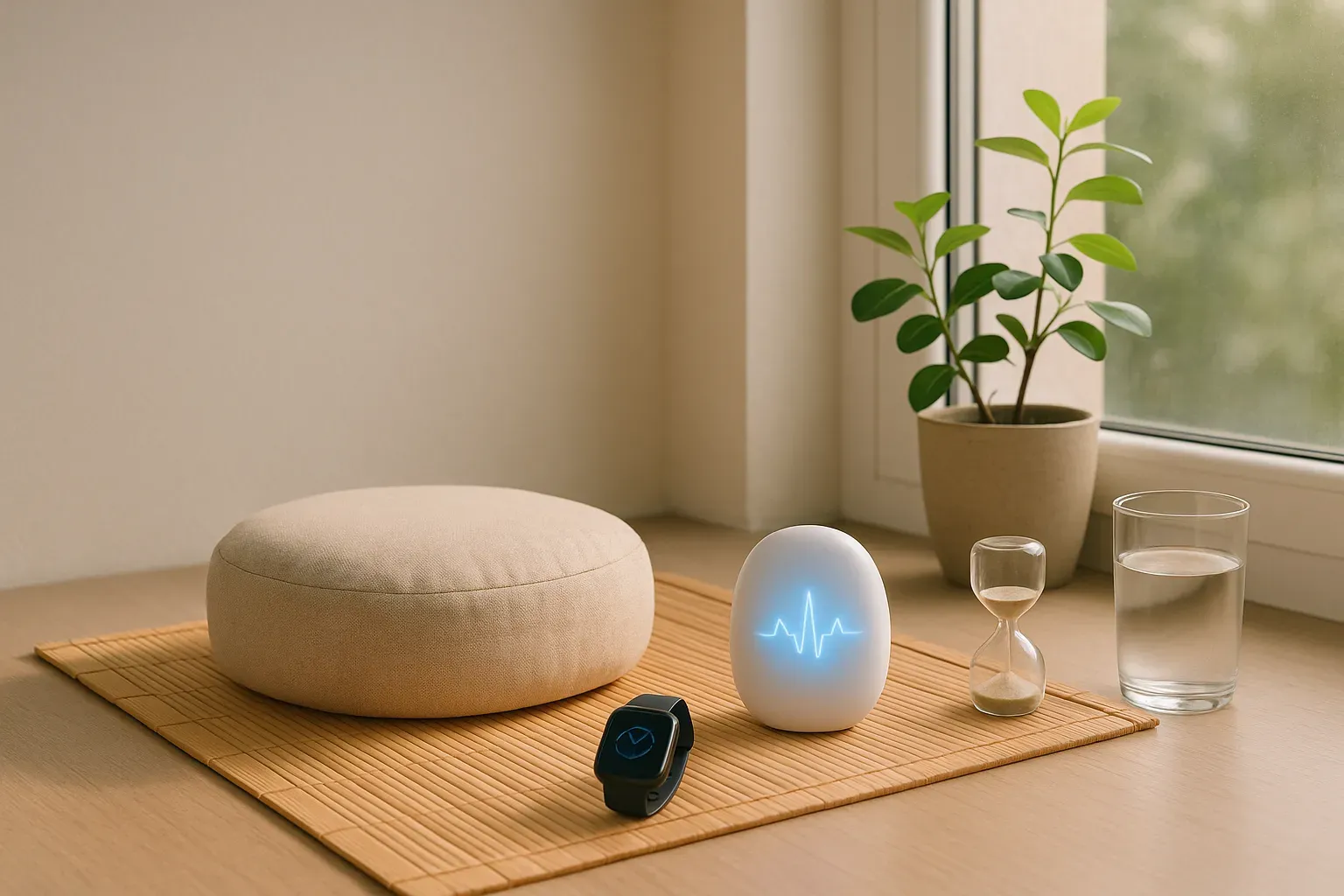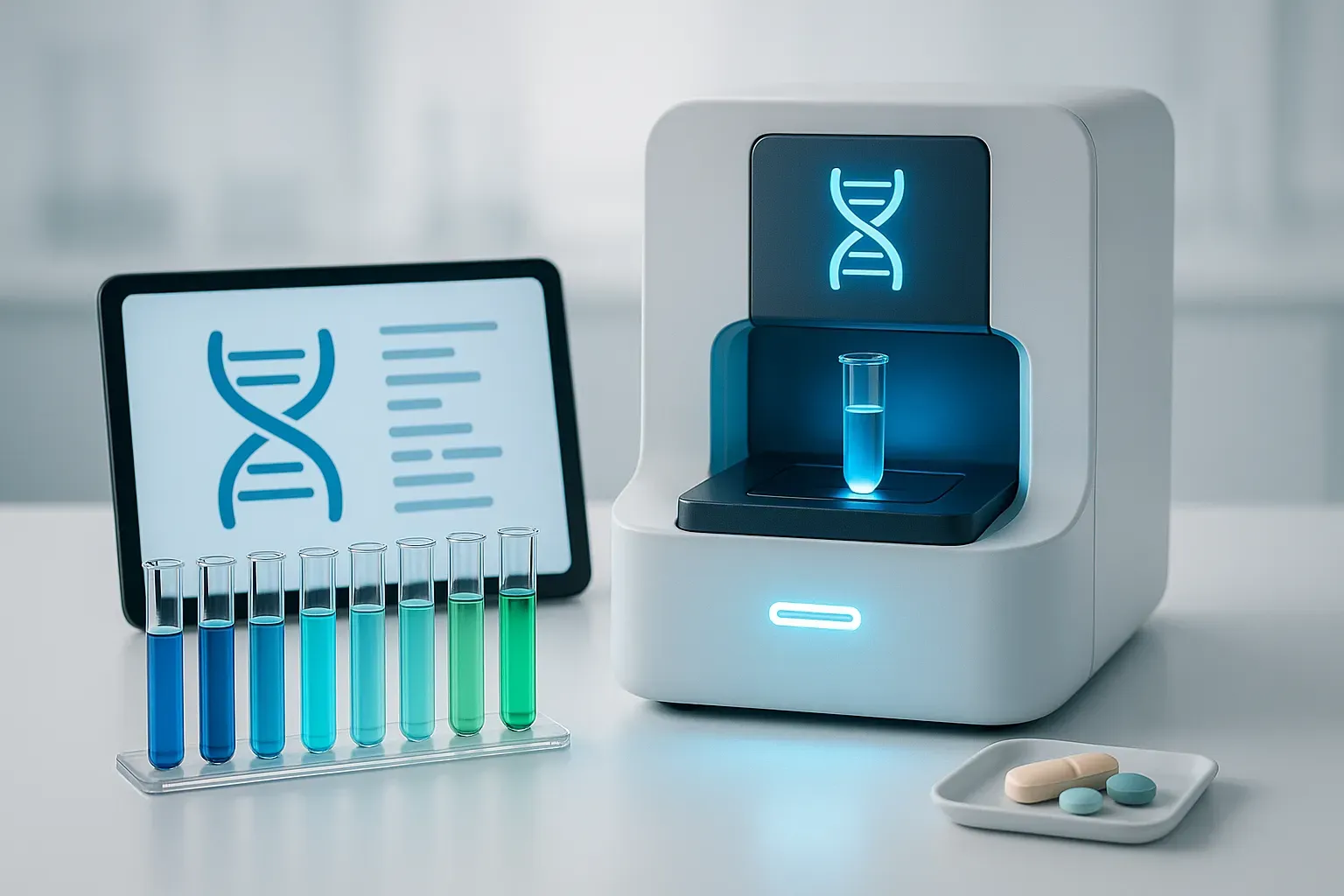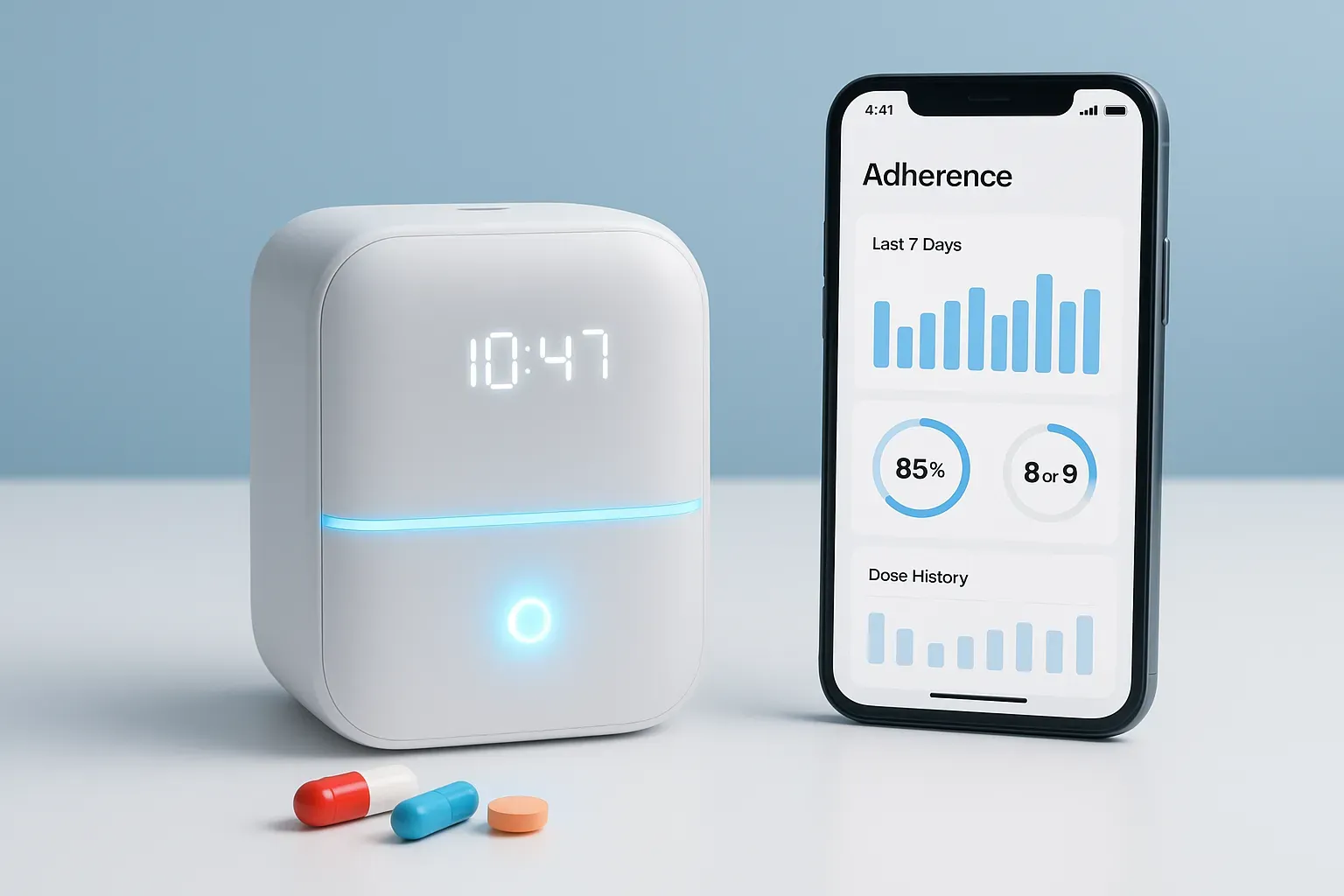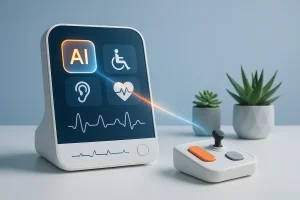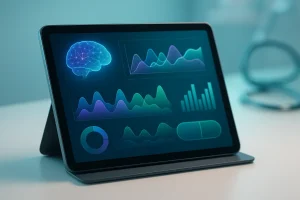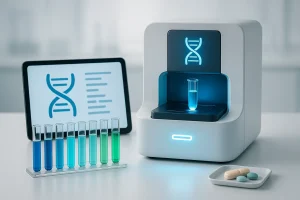Innovative technologies are revolutionizing how patients take their medications, with experts highlighting solutions from smart pillboxes to AI-powered support systems. These digital health tools create meaningful connections between providers and patients while offering practical assistance without judgment. Research shows these advances significantly improve medication adherence rates by addressing both the practical and psychological barriers patients face.
- Context-Aware Nudging System Transforms Adherence Experience
- Smart Pill Bottles Track Medication Compliance
- Mobile Apps Enable Direct Provider Medication Monitoring
- Standard Reminder Tools Build Medication Confidence
- Smart Pillboxes Provide Nonjudgmental Medication Support
- Video Explanations Enhance Patient Medication Understanding
- AI Calls and Streak Systems Motivate
- Text-Based Support System Creates Human Connection
Context-Aware Nudging System Transforms Adherence Experience
Medication non-adherence remains a significant hurdle; nearly half of patients with chronic conditions don’t take their medications as prescribed, leading to poorer health outcomes and higher costs. Recognizing that simple reminders often fall short, we developed a context-aware digital nudging system designed to engage patients more meaningfully.
Instead of generic alerts, this system analyzes real-time data, including missed doses, refill timing, and patient-reported mood, to send tailored, supportive messages that are specific to each individual. For example, if a patient misses several doses, they might receive a message like: “We noticed you’ve missed some medication recently. Would you like us to check in tomorrow?” This empathetic outreach transforms adherence reminders into conversations patients actually respond to.
We integrated this platform with pharmacy and provider systems to provide care teams with clear, prioritized insights, without overwhelming them with alerts, that enabled timely interventions when patients showed signs of non-adherence, creating a coordinated support network.
The impact on patient behavior was notable:
– Medication adherence improved by up to 10 percentage points
– Refill gaps decreased significantly
– Patient engagement and medication consistency increased
– Patients reported feeling genuinely supported, building trust and openness
This approach moves beyond simply reminding patients; it builds a partnership rooted in empathy and data-driven insight, leading to real, sustained behavior change.
If you’re developing digital health tools, consider how personalized, context-aware engagement can transform adherence from a compliance task into a collaborative experience.

Smart Pill Bottles Track Medication Compliance
One innovative digital health solution I’ve seen for improving patient behavior and medication adherence is the use of smart pill bottles and mobile integration platforms. Smart pill bottles, along with blister packs, are designed with sensors embedded in the bottle to detect when the bottle is opened and/or a pill is removed. The sensors in the bottle sync to a companion mobile app or cloud service to record pill bottle activity. From these apps, patients and caregivers also receive notifications, messages, or even voice prompts about dosing.
These smart pill bottles influence patient behavior and adherence to medical treatment plans by encouraging accountability, knowing that patients and caregivers can monitor drug use which encourages consistent behavior. This technology also reduces forgetfulness via automated reminders to reduce missed doses, can provide personal feedback by scoring patients to glamorize the process and make it feel rewarding, and can encourage early intervention on the physician side, where providers can proactively reach out if they notice patterns of missed doses, ultimately preventing lapsing and snowballing conditions leading to poor health outcomes.
According to recent clinical studies, patients using smart pill bottles saw significant increases in adherence rates to medication plans, ranging from ~50-60% up to 80-90%. This promising digital health solution has so far led to better control of chronic conditions, including hypertension and HIV, significantly contributing to reduced hospital re-admissions.

Mobile Apps Enable Direct Provider Medication Monitoring
I’ve used medical mobile apps to help patients adhere to medications. The app includes timed reminders set according to the medication schedule. There’s also a feature to check when medications have been taken and mark tasks as completed. The key benefit is that I can track my patients’ progress through the app, making it feel like someone is supervising their medication adherence.
It has really helped because the personalized reminders make patients more accountable, and I can monitor their progress, placing more responsibility on them. This has been especially beneficial for my patients with polypharmacy therapies and improves outcomes like blood sugar control.

Standard Reminder Tools Build Medication Confidence
The simplest and probably most effective digital health solutions we settled upon were simply using standard reminder tools or apps that support patients to adhere to their medication regimen. These reminder tools are well-timed and enable patients to feel they have complete control over their own medication regimen. The evidence overwhelmingly suggests that when patients get reminders at the appropriate time in an accessible and supportive way, they are more likely to take their medications and are less likely to stop taking medications altogether. Over time, this consistency breeds not only adherence but confidence, such that patients perceive themselves as benefitting from staying consistent with their treatment.

Smart Pillboxes Provide Nonjudgmental Medication Support
The Bluetooth-connected smart pillboxes sent nonjudgmental alerts to patients who could request coach assistance through the secure app. The evening medication schedule became stable while patients developed confidence through their medication-taking streaks. The system maintains complete encryption of data while excluding drug names from notifications and users must actively choose to participate.

Video Explanations Enhance Patient Medication Understanding
The system used eMAR validation at patient bedsides to deliver 60-second secure video explanations about medication purposes. Patients access content privately before receiving consented time-based reminders that state “It is time for your medication.” The program succeeded in enhancing patient understanding while reducing medication refusals and maintaining complete privacy protection.

AI Calls and Streak Systems Motivate
One idea I think could really improve medication adherence is a phone call to the patient made by an AI assistant. A quick, friendly AI voice that helps patients remember their medication.
Another feature could be a streak system, like what Duolingo uses. People tend to stay more consistent when they see progress or don’t want to “break the chain.” That small motivation boost can turn a habit into a routine.

Text-Based Support System Creates Human Connection
I worked with a small community health initiative where we used a text-based digital health tool to support medication adherence—especially for patients managing mental health conditions. I found that many patients weren’t noncompliant out of neglect or defiance—they just felt overwhelmed, confused, or unsupported. So we started using a simple SMS reminder system that didn’t just say “take your meds,” but also included encouraging messages, quick facts about why the meds mattered, and prompts to check in if they skipped a dose.
I think what changed behavior wasn’t the reminder itself—it was the human feel of the messages. Patients told me they felt like someone actually cared. And when we added a two-way option where they could text back and say, “I missed it” or “I’m feeling off,” they engaged even more. It became a small but consistent thread of connection.
The innovation wasn’t in the tech—it was in how personally we used it.



